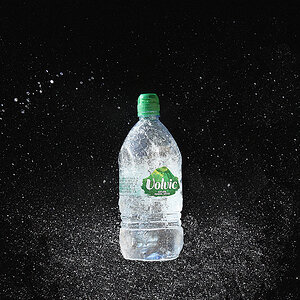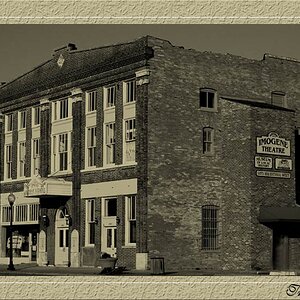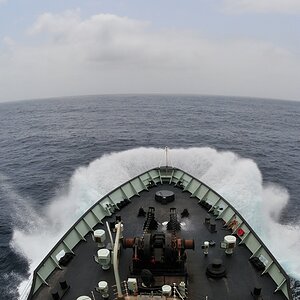- Joined
- Jun 9, 2013
- Messages
- 20,580
- Reaction score
- 12,709
- Website
- moderndinosaur.wordpress.com
- Can others edit my Photos
- Photos NOT OK to edit
I visited Normany several years ago and was surprised at how powerful an experience it was to stand on Omaha and Utah Beach. These pictures are really well done and give people a sense of what it's like to see these places how they are now, knowing what happened there.
D-day landings scenes in 1944 and now ? interactive | Art and design | theguardian.com
"Peter Macdiarmid has taken photographs of locations in France and England to match with archive images taken before, during and after the D-day landings. The Allied invasion to liberate mainland Europe from Nazi occupation during the second world war took place on 6 June 1944. Operation Overlord was the largest seaborne invasion in military history, with more than 156,000 Allied troops storming the beaches of France
Photography then and now lets you move through time by tapping or clicking on a historic image to reveal the modern view. You can drag or swipe to control the speed of the transformation"
D-day landings scenes in 1944 and now ? interactive | Art and design | theguardian.com
"Peter Macdiarmid has taken photographs of locations in France and England to match with archive images taken before, during and after the D-day landings. The Allied invasion to liberate mainland Europe from Nazi occupation during the second world war took place on 6 June 1944. Operation Overlord was the largest seaborne invasion in military history, with more than 156,000 Allied troops storming the beaches of France
Photography then and now lets you move through time by tapping or clicking on a historic image to reveal the modern view. You can drag or swipe to control the speed of the transformation"




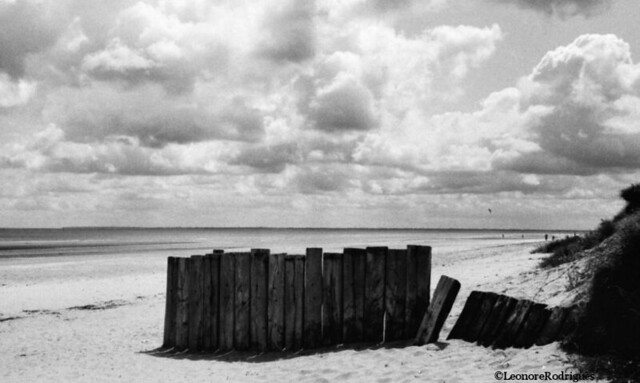
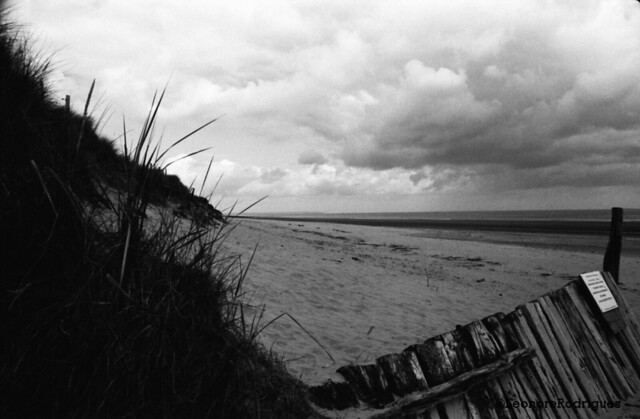
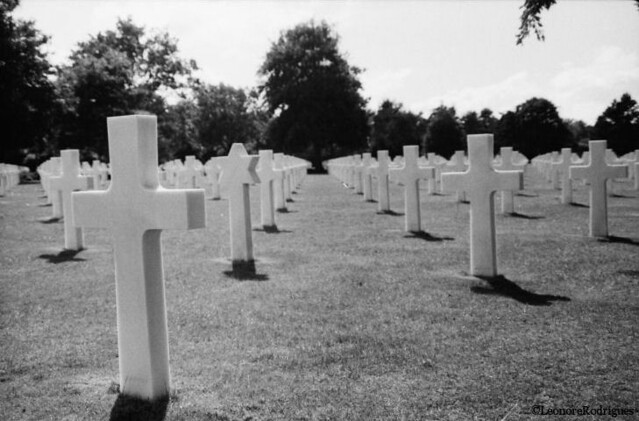
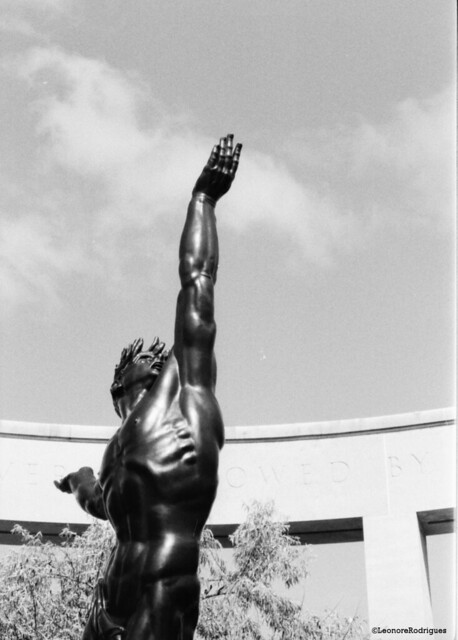
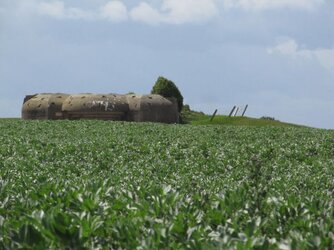
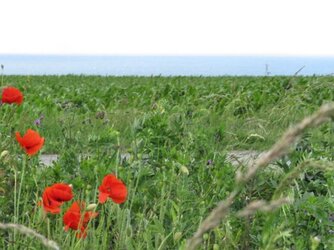
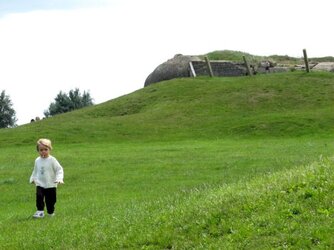

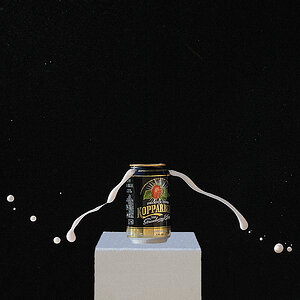

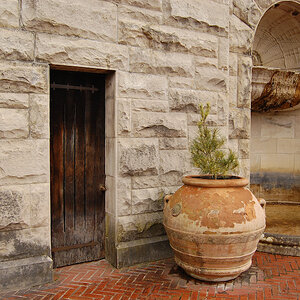
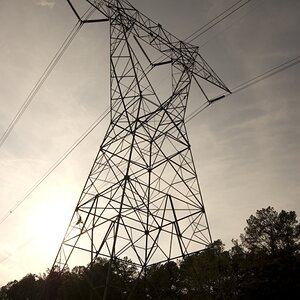
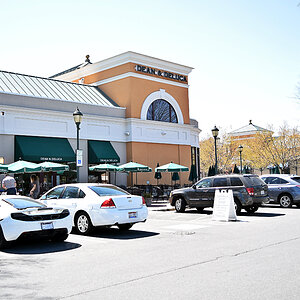
![[No title]](/data/xfmg/thumbnail/37/37170-3e18af574ed51cce5bdf99af9d3cab40.jpg?1619737908)

